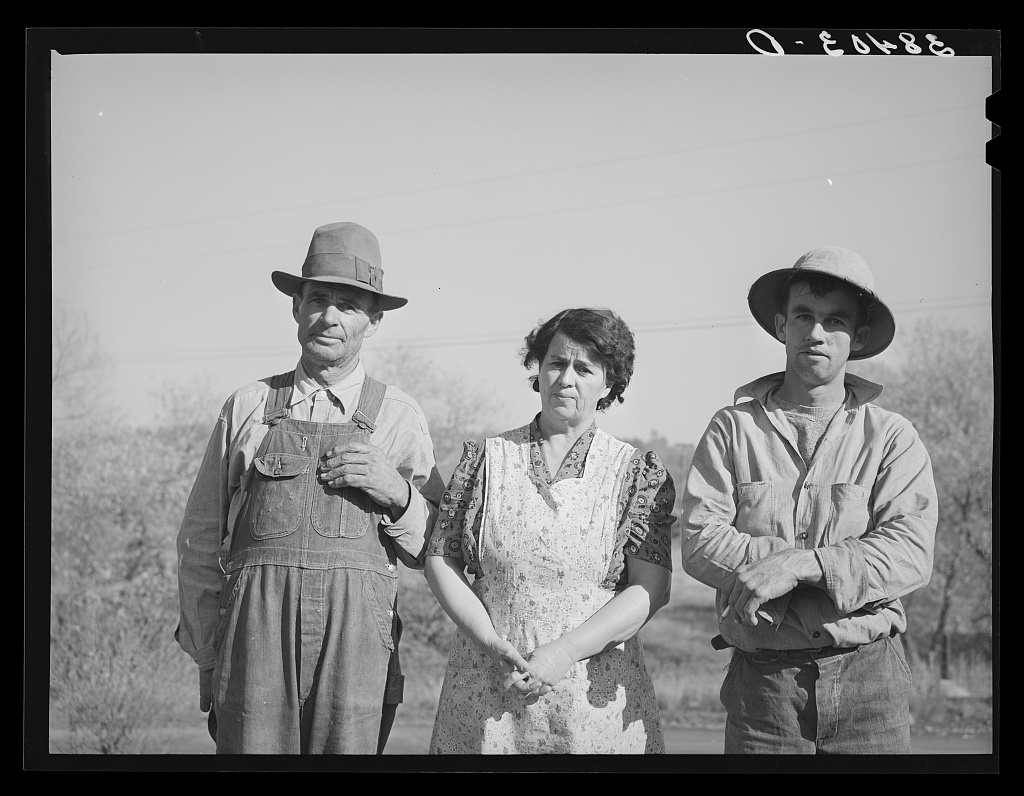You don’t need me to tell you that experiencing the dramatic highs and lows of our current news cycle every day is exhausting. We live in a moment where our attention is currency, and outrage is cheap. Each day we face a barrage of distressing updates on the election, COVID-19 statistics, foreign relations and other important topics. The constant noise makes it hard to pull out what’s most important, or where we can most effectively deploy our limited time and energy.
It’s my mission to help others use history as a tool in their everyday lives. And here, history can help us sift through the chaos.
Instead of first leaping to blame and outrage—or shutting down completely—when the latest news feels impossible to swallow, what if we stopped and asked ourselves: What could I be missing here? What’s out of frame, that we can’t see? Whose voices aren’t we hearing?
(Even if the news is, in fact, outrageous, at least you’ll know it’s worth your time and energy.)
Historical perspective can help us see the events in the news as part of an ever-evolving continuum, a network of interconnected actions and consequences.
Historical perspective can also help us see that we are all a part of shaping this story, which is still being written, even now.
I love the United States of America. I consider myself a patriot. And true love and patriotism requires deep knowledge of history. As I’ve spent time learning and knowing our country’s past, I have found joy in the dynamic American story—even the challenging chapters we continue to work on—and you can too.
I love the stuff that’s uniquely American: the Star Spangled Banner, roadside peach stands, the Grand Canyon, Aretha Franklin, Dorothea Lange, the transcontinental railroad and the St. Louis Arch. It moves me. I feel proud of it.
But to love at the surface level is shallow. Acknowledging our country’s flaws, asking the tough questions, doggedly pursuing the truth—that is the hard work that will lead to a truly deep and abiding relationship with our country.

Why not at least ask about the many hands that helped sew the Star-Spangled Banner, or the hands that tend family farms and pick those peaches? Or the work that went into creating the Park Service, protecting public lands like the Grand Canyon from commercial interests? Why not get curious about why Aretha Franklin had to demand basic R-E-S-P-E-C-T, or why the people in Dorothea Lange’s photos faced such gutting hardship? Or ask what the “Gateway to the West” symbolizes for Indigenous families who lost their land?
To celebrate the achievement of the railroad and not acknowledge the backbreaking labor of the Chinese workers who built it is to tell only a small part of the story. We’re all better off when we can live with the complexity, know our full history and drive toward a better future for all.
There is more to every story. It’s not all upsetting truths, but there is a complexity that makes our country what it is. As Walt Whitman, our national treasure, once wrote: “I am large – I contain multitudes.”
In this season, with our nation’s identity and cohesion seemingly at loose ends, we can take a deep breath. We contain multitudes. We do not have to tell a single, narrow story. We can widen the lens.
To be a proud American is to be proud of how far we’ve come. It’s recognizing the hard-won freedoms and rights we enjoy today that came from the struggles, sacrifices and visions of those who came before us. It’s recognizing that future generations of Americans will look back and recognize the challenges of our present day as a hard-fought battle for the peace and happiness they experience in their present.
Next time your push notifications make you want to throw your hands up and say, “I’m done!” think about this:
America’s greatest leaders drove change out of a great love for their country. Otherwise, why bother? To love our country is to care and to care is to dig deeper.
When the going gets tough, don’t opt out. Rather, opt in. We can’t leave our future readers hanging.
Caroline Klibanoff, Program Manager, Made By Us


